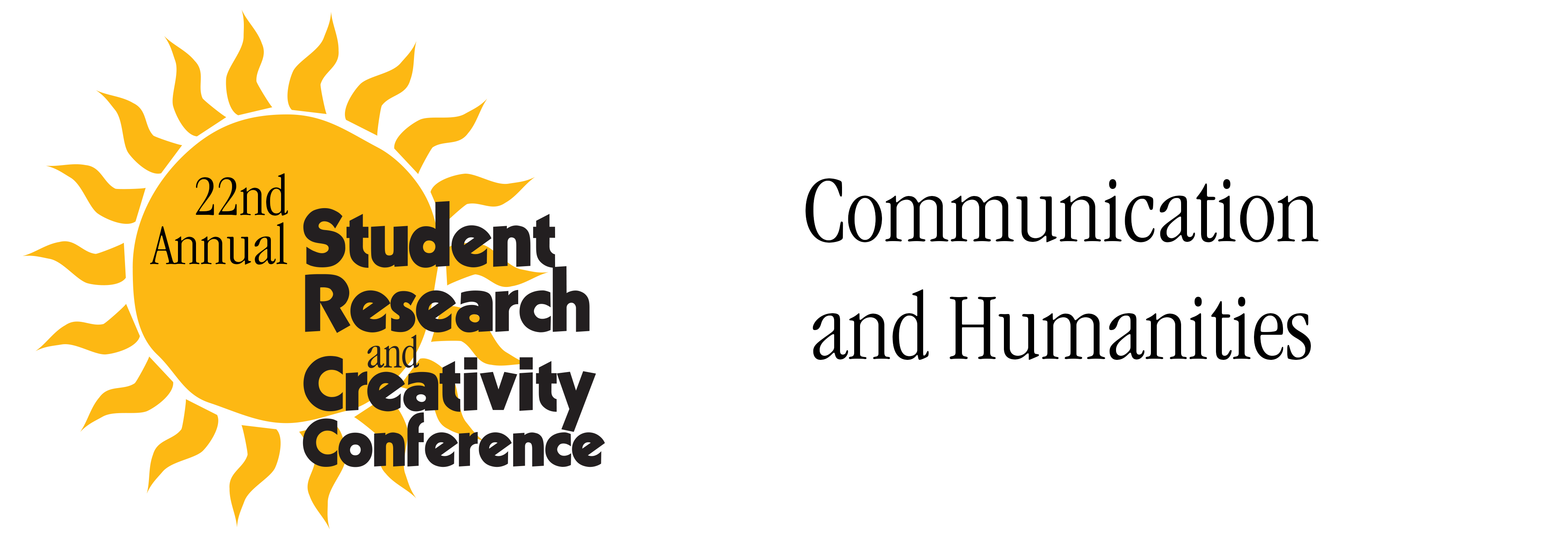

Title
The Virtue of Stoic Torturers: Ancient Stoicism & Modern Military Torture
Files
Description
Thomas Carr, PHI 401: Problems in Philosophy Seminar-Happiness
Faculty Mentor: Professor Kimberly Blessing, Philosophy
Stoicism, a philosophical movement of the Hellenistic period, encourages emotional detachment and self-control. Stoicism has been embraced by the modern military, which encourages mental toughness and fortitude in the face of danger. In particular, when it comes to torture, the emotional control that Stoicism teaches can be especially relevant for the torturer who is looking to extract information from a prisoner of war. If we consider the long list of war crimes and moral transgressions coming out of the United States’ conflict in the Middle East, the adoption of Stoic principles by torturers could suggest a more humane approach towards torture. On the other hand, critics of this view argue that emotional detachment has the potential to breed inhumane torturers who are incapable of noticing moral breeches in their conduct. Thus, adopting Stoic practices could encourage immoral actions and practices. I will argue against this view, showing that it arises from a misunderstanding of Stoic philosophy. Stoicism does not encourage the complete abandonment of emotion. Instead Stoicism teaches one to repress harmful emotions, and instead, seek to cultivate positive ones. Looking at relevant ancient texts, I shall demonstrate that a well-trained Stoic soldier is not incapable of feeling compassion or respect towards an enemy or prisoner. Thus, adherence to Stoicism can actually help prevent atrocities and war crimes that were all too common in the United States’ military conflicts of the early 2000s.
Publication Date
2020
Disciplines
Arts and Humanities
Recommended Citation
Carr, Thomas, "The Virtue of Stoic Torturers: Ancient Stoicism & Modern Military Torture" (2020). Communication and Humanities. 22nd Annual Student Research and Creativity Conference. SUNY Buffalo State.
https://digitalcommons.buffalostate.edu/srcc-sp20-commhum/4



